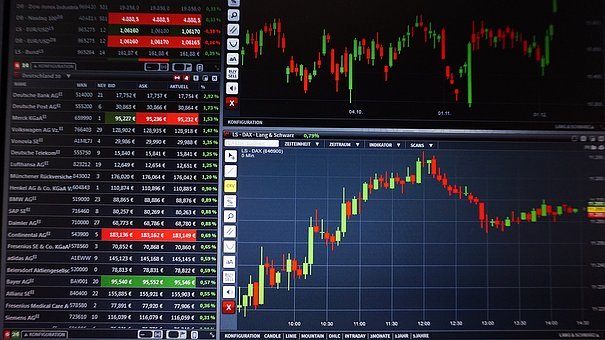The economic situation of France in March 2021.
French companies have resisted rather well during the Covid-19 pandemic.
To date, and thanks to the support of the public authorities, there has been no wave of bankruptcies.
A few large groups have taken advantage of the situation to sell their unprofitable activities and to close excess stores and outlets. They often used legal proceedings, either a safeguard plan or legal redress to facilitate negotiations with buyers. The traders benefited from the support of consumers who did not hesitate to go to the stores despite the sanitary measures. Consumption habits have changed dramatically; for example, after the first lockdown consumers flocked to shoe stores, but activity in this area has largely subsided thereafter.
The “drive” system in the food trade has had considerable success, leading to management difficulties for the brands concerned. For everything related to sports, cycling, e-bikes, many products are out of stock and replenishment is long overdue. Whole sections of the economy are overheating and unable to cope with new demands, including landscapers, pool engineers, carpenters, tilers, IT service companies. The deadlines are getting longer, it takes several months for them to intervene and many are no longer accepting new clients.
Sectors closed by administrative decision (restaurants, bars, cinemas, etc.) benefit from support measures from the public authorities which have enabled them, with certain exceptions, to stay afloat. For the solvency analysis, the databases had to modify their algorithms to approach the financial reality linked to the pandemic; the non-publication of accounts possible for medium-sized companies and for small companies to date makes the work of analysts more complex. Bank unpaid bills were numerous during the first 2 confinements, but companies massively regularized payment incidents. It also turned out that the Banque de France behaved very flexibly about payment incidents. At the end of the first quarter of 2021, there was a significant drop in payment incidents and debt collection disputes. Debt collection companies, however, find that the creditworthiness of companies that are seriously overdue in paying their invoices is deteriorating. In the portfolio of debt collection companies, nearly 47% of debtors are in a seriously compromised financial situation.
It cannot be said enough that time is the greatest enemy of unpaid bills. Each week that passes after an unpaid deadline increases exponentially the risk of never collecting the bill. One year after the invoice, the chances of recovery of this debt are almost nil. Today the government has just decided to confine 30% of the French population which will not be without consequences on the economic situation in France.
GEVO specialist in Commercial debt collection in France.
Founder of the international debt collection network SEKUNDI.






